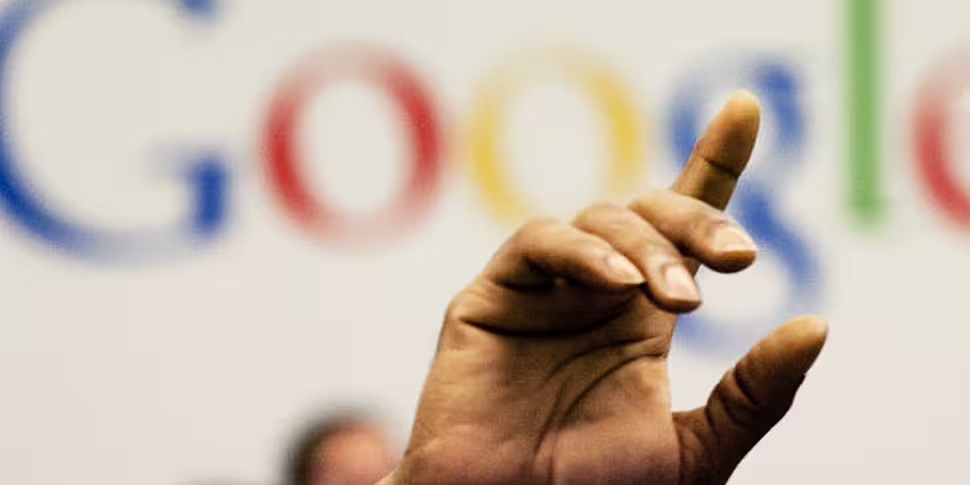Google has announced that it is introducing new tools to tackle extremist content and overhauling its policies in a move to end a mass boycott of advertisers.
The tech giant has come under pressure to deal with a situation where videos from terrorist sympathisers are rubbing shoulders with – and being funding by – mainstream ads on its YouTube platform.
Google chief business officer Philipp Schindler issued a rare company apology on Monday night. Writing in a blog post that also outlined a wide-ranging overhaul of how it is tackling extremist content, he said that Google was aware that companies and other organisations don't want their ads "next to content that doesn't align with their values".
Schindler said:
"We have strict policies that define where Google ads should appear, and in the vast majority of cases, our policies and tools work as intended. But at times we don’t get it right...
"For this, we deeply apologise. We know that this is unacceptable to the advertisers and agencies who put their trust in us.
"That’s why we've been conducting an extensive review of our advertising policies and tools, and why we made a public commitment last week to put in place changes that would give brands more control over where their ads appear."

His solution involves a three-tier revamp of policies across YouTube and its various other platforms.
To begin with, a vast reduction in extremist content can be expected:
"Starting today, we’re taking a tougher stance on hateful, offensive and derogatory content."
Google is also moving to ensure that impersonators of other channels are unable to host advertising, while YouTube takes a "hard look" at its current community guidelines.
Secondly, advertisers will have more control over where their money goes – thus preventing it from being spent on extremist content. Default options will be tightened to exclude "potentially objectionable" content right away. After than, companies will be able to exclude specific channels and sites from their campaigns and fine-tune where their ads appear.
Finally, advertisers will be offered "more transparency and visibility on where their ads are running".
This involves not only new AI tools, but the hiring of “significant numbers of people” to review content on an ongoing basis.
The Irish situation
Google's attempt to stem the flow of worried firms and agencies away from its platforms comes as a number of Irish advertisers look to join a British boycott that kicked off following a damning report of Google's policies in the Times of London.
Speaking to the Irish Independent, Havas Media Ireland chief executive Graham Taylor said:
"We have outlined concerns and offered [clients] the choice of pausing their YouTube and Google Display Network activity should they wish to do so."
Havas Media Ireland represents companies such as Hyundai, Emirates and the FAI.
Marks and Spencer became the latest big name brand in Britain to pull its advertising from Google on Monday. Havas got the ball rolling when it suspended advertising for its UK clients last week.
M&S said: "In order to ensure brand safety, we are pausing activity across Google platforms whilst the matter is worked through."

McDonald's UK also said it had pulled ads through Google, saying it was "disappointed to learn" that safeguards it had "to protect against our adverts appearing alongside unacceptable content" had fallen through.
Supermarket giant Tesco and high street banks Royal Bank of Scotland, HSBC and Lloyds are among the brands taking a similar position, as are Audi UK and the Guardian newspaper.
Guardian News & Media wrote in a statement:
"It is completely unacceptable that Google allows advertising for brands like the Guardian to appear next to extremist and hate-filled videos."
Other businesses including Barclays are considering what to do – though Barclays does not currently have any advertising on YouTube or Google.









